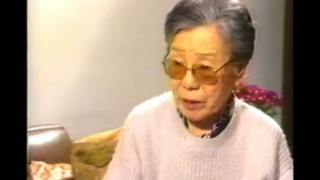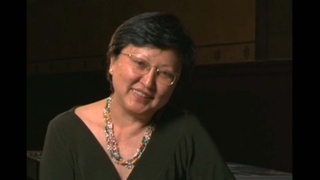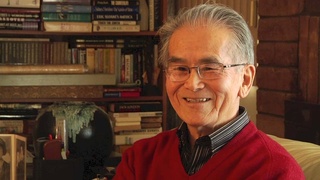Interviews
Occupations of early Japanese immigrants
At first, everyone was a farmer, moving inland to work on coffee plantations, but when their contracts at the coffee plantations ended, some stayed there, or, how should I put it, they went looking for farms, or, like Hirano Unpei, formed a group and bought cheap land in the interior of Sao Paulo State, developed the land, and started farming. Of course, it wasn't just farming, but also restaurants, like the Kumamashita family I mentioned before, who I went to before the war. Then there were more and more people who worked in laundry, or in the morning market, selling vegetables and other fresh foods at the Fella morning market.
So, when we say that Japanese people have an inseparable relationship with agriculture, it means that people come from that background, start farming, become successful, and gradually more and more people move on to large-scale farming, or move to the city and run small businesses while educating their children.
Date: September 19, 2019
Location: California, US
Interviewer: Yoko Nishimura
Contributed by: Watase Media Arts Center, Japanese American National Museum









